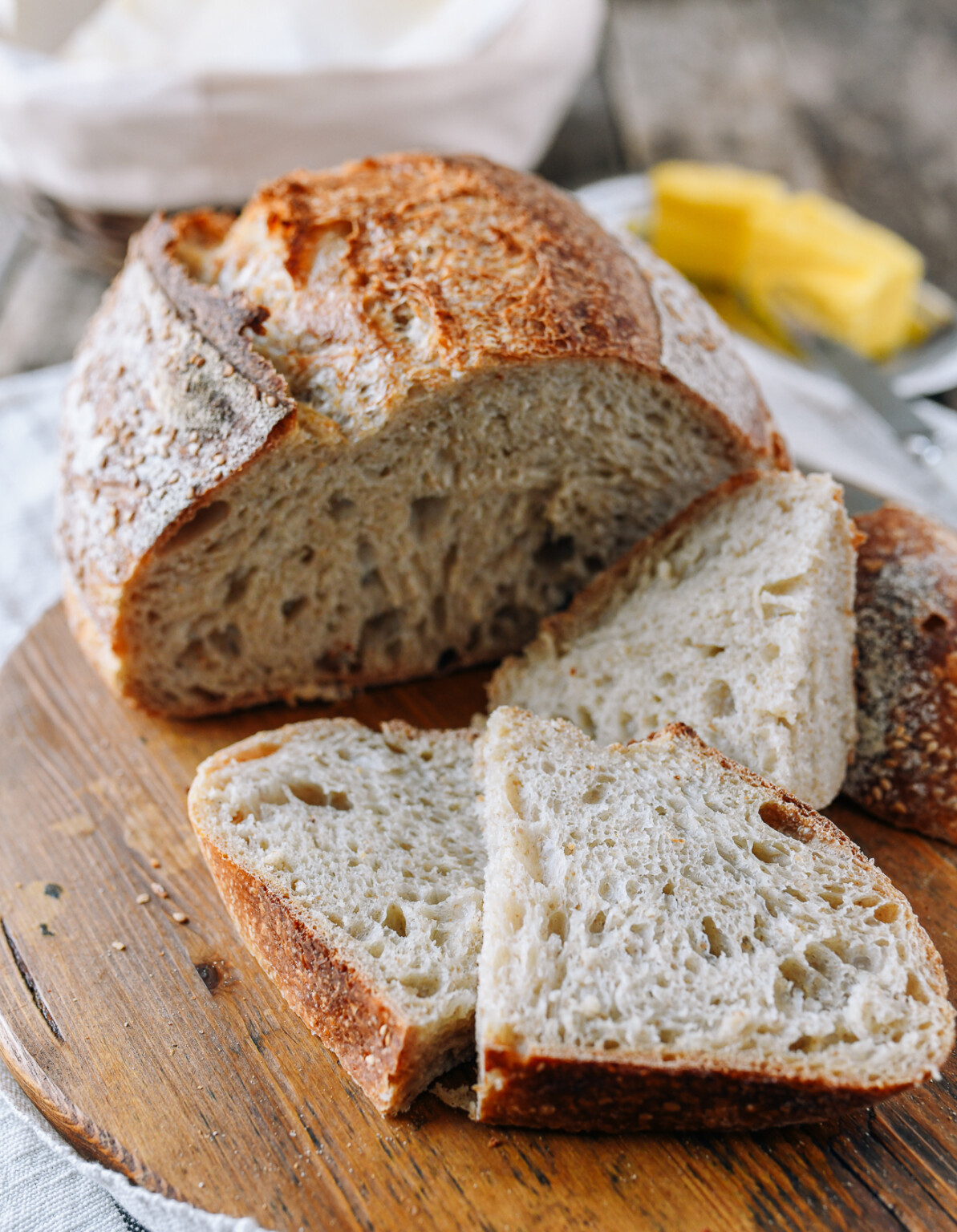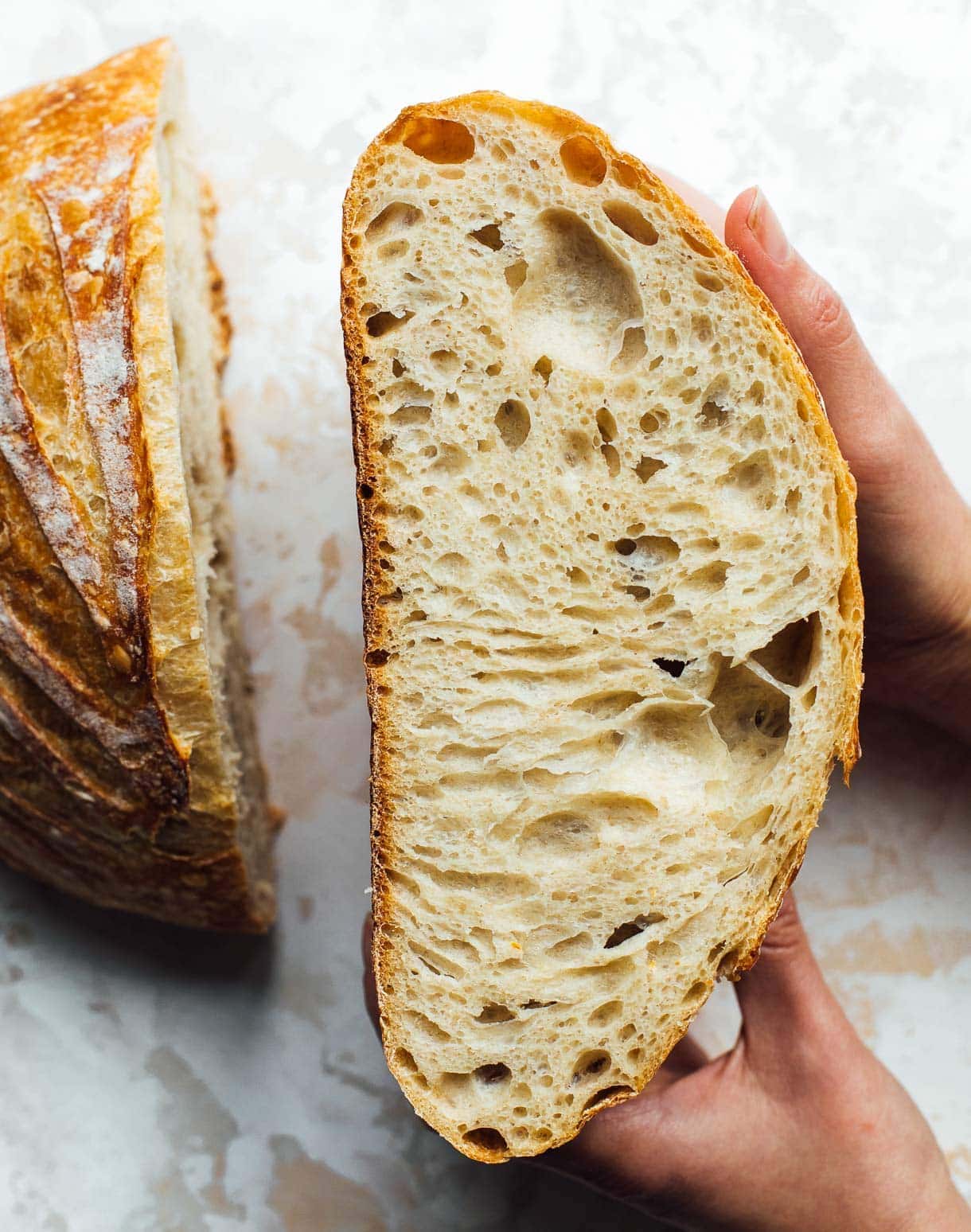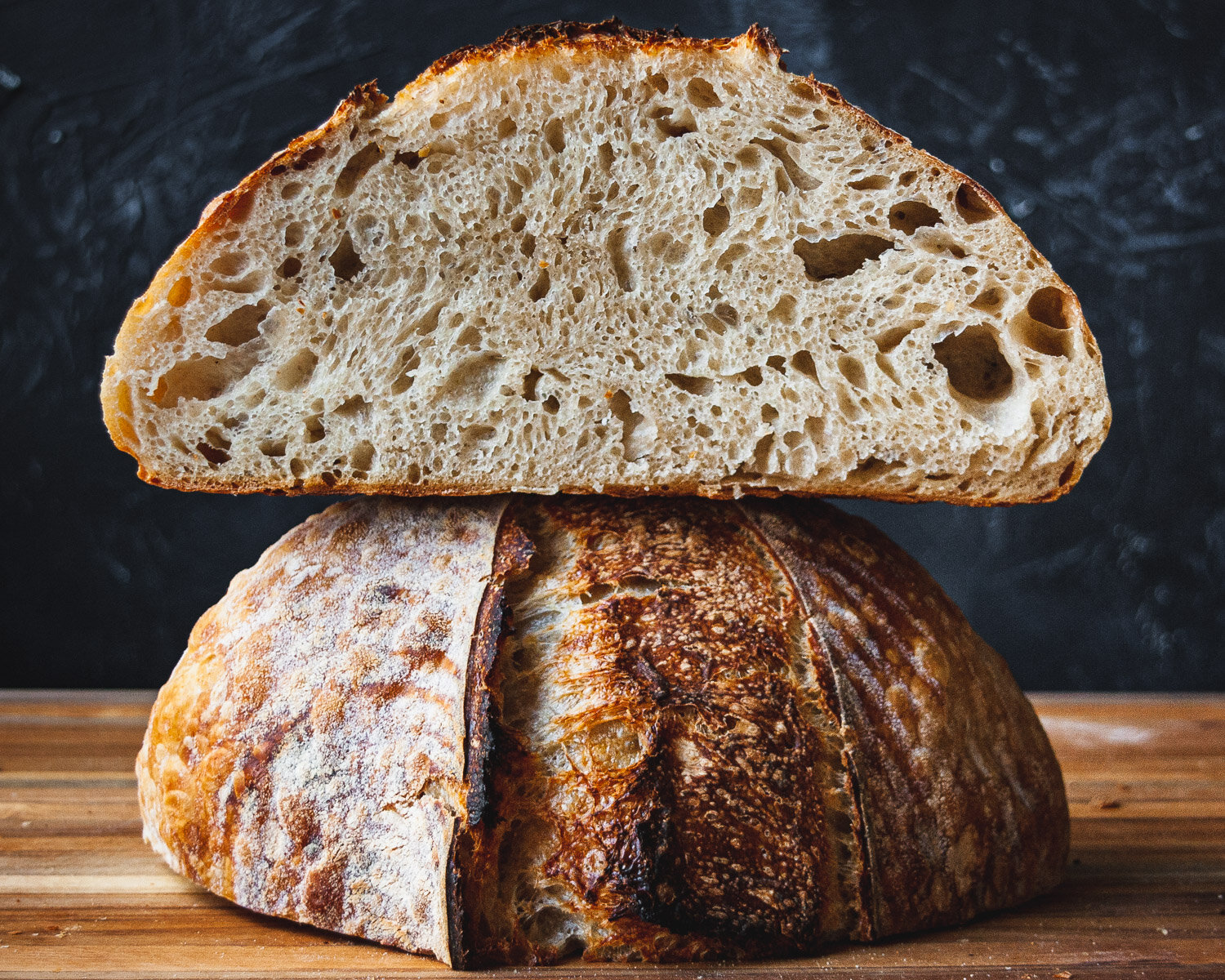Ever wonder what makes some sourdough loaves sing with flavor and rise beautifully, while others just... sit there? You know, it's almost like there's a secret language your sourdough starter speaks, and the key to understanding it often comes down to one thing: the sourdough starter ratio. This little number, really, is super important for anyone who loves baking with natural leavening. It gives you, basically, so much control over your baking routine.
Think about it: if you want to bake often, maybe even three times a day, your starter needs to be ready to go. That's where knowing how to choose a feeding ratio that fits right into your day comes in. It's not just about keeping your starter alive; it's about making it work for you, like your own little baking assistant, you know?
This guide will walk you through what a sourdough starter ratio means, why it matters so much, and how different proportions of flour and water can change everything. We'll explore how these ratios affect your starter's activity, its peak time, and even the flavor of your bread, too. It’s pretty cool, actually, how much difference a simple calculation can make.
Table of Contents
- What Exactly is a Sourdough Starter Ratio?
- Why Sourdough Starter Ratios Matter So Much
- Common Sourdough Starter Ratios Explained
- How Ratios Impact Your Starter's Growth and Activity
- Choosing the Right Sourdough Starter Ratio for Your Baking
- Changing Your Sourdough Starter Ratio: What Happens?
- Sourdough Starter Ratio and Peak Time
- Frequently Asked Questions About Sourdough Starter Ratios
What Exactly is a Sourdough Starter Ratio?
So, what is a sourdough starter ratio, anyway? Basically, it just refers to the specific amounts of flour and water you give your sourdough starter when you feed it. It's a straightforward calculation, really, used by everyone from home bakers to seasoned pros to measure things out. This ratio helps you figure out the exact proportions of your existing starter, the fresh water, and the new flour you'll add. It's pretty simple, actually, when you get down to it.
Typically, you'll see these ratios written as three numbers: starter:water:flour. So, if someone talks about a 1:1:1 ratio, that means you'd use one part of your existing starter, one part fresh water, and one part new flour. For example, if you have 50 grams of starter and want to feed it at a 1:1:1 ratio, you'd add 50 grams of flour and 50 grams of water. It's that easy, you know? This setup means you're carrying over about 20% ripe starter, with 100% water and 100% flour.
Understanding how much flour and water to feed your sourdough starter is super important for keeping it happy and strong. It truly helps make sure all your sourdough baking projects turn out great. When you input your desired feeding ratio, like 1:1:1 or 1:2:2, you can quickly get the precise amounts you need. This little bit of math, basically, makes your baking life so much simpler.



Author Details:
- Name : Mertie Christiansen
- Username : harber.tabitha
- Email : ymurray@yahoo.com
- Birthdate : 1994-01-27
- Address : 67001 Jaren Lodge Pamelaview, WA 07623
- Phone : 802-606-2610
- Company : Corwin PLC
- Job : Crane and Tower Operator
- Bio : Qui est sit provident iusto aut totam dicta. Optio ab illo maxime aut. Asperiores omnis blanditiis voluptatem culpa saepe aut porro. Hic et ad impedit debitis.
Social Networks
Linkedin:
- Url : https://linkedin.com/in/hagenesf
- Username : hagenesf
- Bio : Ab qui non vero et ut rerum.
- Followers : 1402
- Following : 2633
Facebook:
- Url : https://facebook.com/fhagenes
- Username : fhagenes
- Bio : Minima dignissimos saepe deserunt eligendi dolore dicta.
- Followers : 135
- Following : 1276
Tiktok:
- Url : https://tiktok.com/@fhagenes
- Username : fhagenes
- Bio : Id est vel alias qui mollitia sunt.
- Followers : 975
- Following : 2757
Twitter:
- Url : https://twitter.com/felix1720
- Username : felix1720
- Bio : Nostrum vel sit et ut ea tenetur iste deleniti. Rerum veritatis rerum voluptas aut.
- Followers : 3542
- Following : 1145
